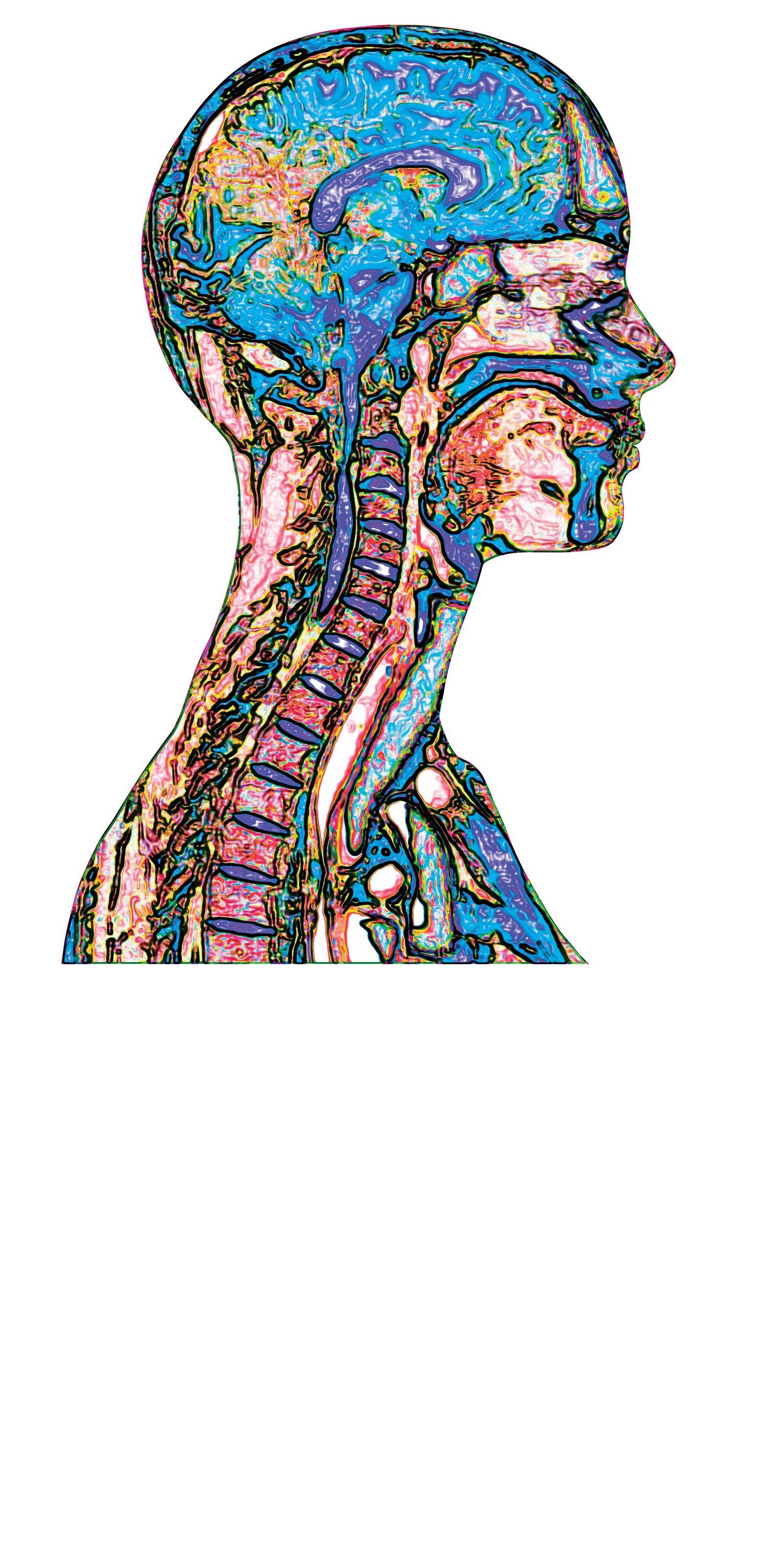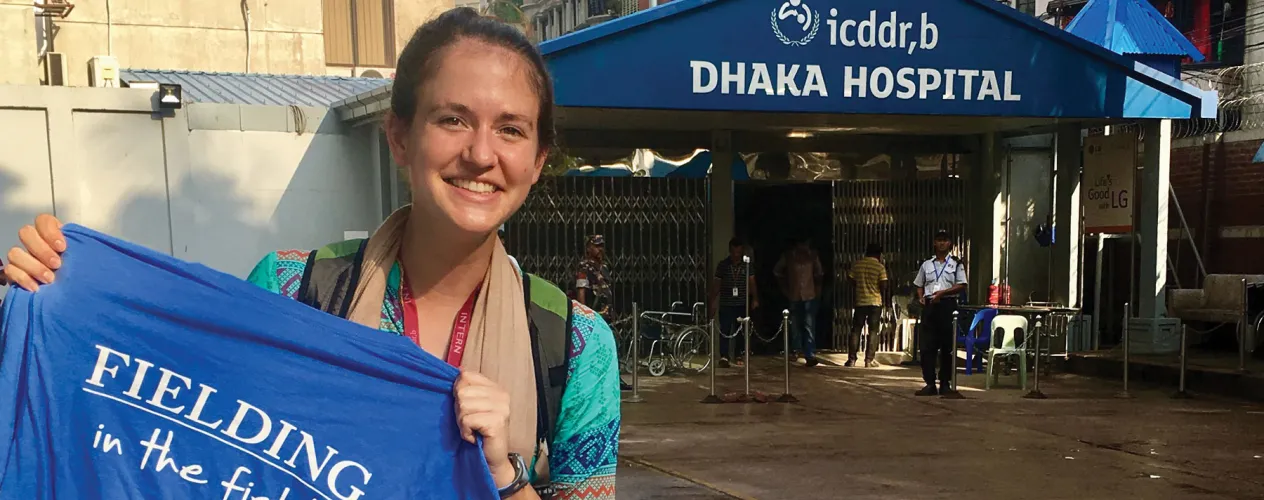
'Where Others See Risk...'

For UCLA Fielding School of Public Health PhD student Cynthia Beard, a once-in-a-century pandemic served as a call to action. “As a doctoral student in epidemiology who is most interested in infectious diseases, I was itching to use the skill set I had been building for years to contribute to answering some of the most pressing questions about COVID-19,” Beard says.
With support from the Karen Toffler Charitable Trust (KTCT), Beard is generating findings with the potential to guide public health officials and policymakers in better protecting the health of workers at the highest risk of exposure to SARS-CoV-2. As the recipient of a 2021 Toffler Fellowship, Beard has worked with her adviser, Dr. Anne Rimoin, FSPH professor of epidemiology and director of the school’s Center for Global and Immigrant Health, to launch a survey-based study of education workers in a variety of roles — from administration and special education to maintenance and facilities management. The study aims to learn more about how COVID-19 has affected essential-worker populations, and the role of racial disparities in those differential effects.

The Karen Toffler Charitable Trust supports university students conducting future-focused, early-stage research with the potential to have a major impact on human health. In 2018, the program chose the UCLA Fielding School as its first partner.
Alvin and Heidi Toffler influenced political, military, and business leaders around the world with their insights over decades as leading writers and futurists, and the KTCT continues their legacy through its support of early-stage research with the potential for high impact. In 2018, KTCT established the Toffler Scholar Program and chose the UCLA Fielding School as its first partner. The program supports university students who demonstrate innovative thinking, research excellence, and a passion for helping to solve some of the world’s most intractable problems.
“Most traditional funding organizations see early-stage projects as too risky, and as a result, some of the most promising ideas stall,” says Dr. Peter Katona, a KTCT trustee who is a clinical professor of medicine at the David Geffen School of Medicine at UCLA, an FSPH adjunct professor, and chair of UCLA’s Infection Control Working Group for COVID-19. “But where others see risk, KTCT sees the potential for profound impact and is committed to supporting the research of young scientists at this pivotal point in their careers."
Beard was one of three FSPH 2021 Toffler Scholars chosen through a competitive submission process led by FSPH’s epidemiology department. The others are PhD student Lara Yoon, whose study seeks to better understand the impact of early-life environmental exposures on breast composition in adolescence, and MS student Catherine Psaras, who is evaluating the impact of the 2011/2012 maternal pertussis vaccination recommendations on infant mortality from pertussis in the U.S. “The Toffler Scholar Program is powering our early-stage public health researchers to innovate and problem-solve,” says Dr. Ron Brookmeyer, FSPH dean and distinguished professor of biostatistics. “We are grateful for the Karen Toffler Charitable Trust’s renewed commitment to investing in the bright and promising minds at the UCLA Fielding School of Public Health.”
Beard hopes to one day contribute to global health security policies that will better prepare the U.S. and other nations to detect and respond to pandemics and other public health disasters. “In a year that hasn’t provided much stability, the Toffler Fellowship has taken a great deal of financial pressure off of me and allowed me to devote more of my time and energy to my studies,” she says. “It also gave me a sense of support and belief in the value of the research I’m doing.